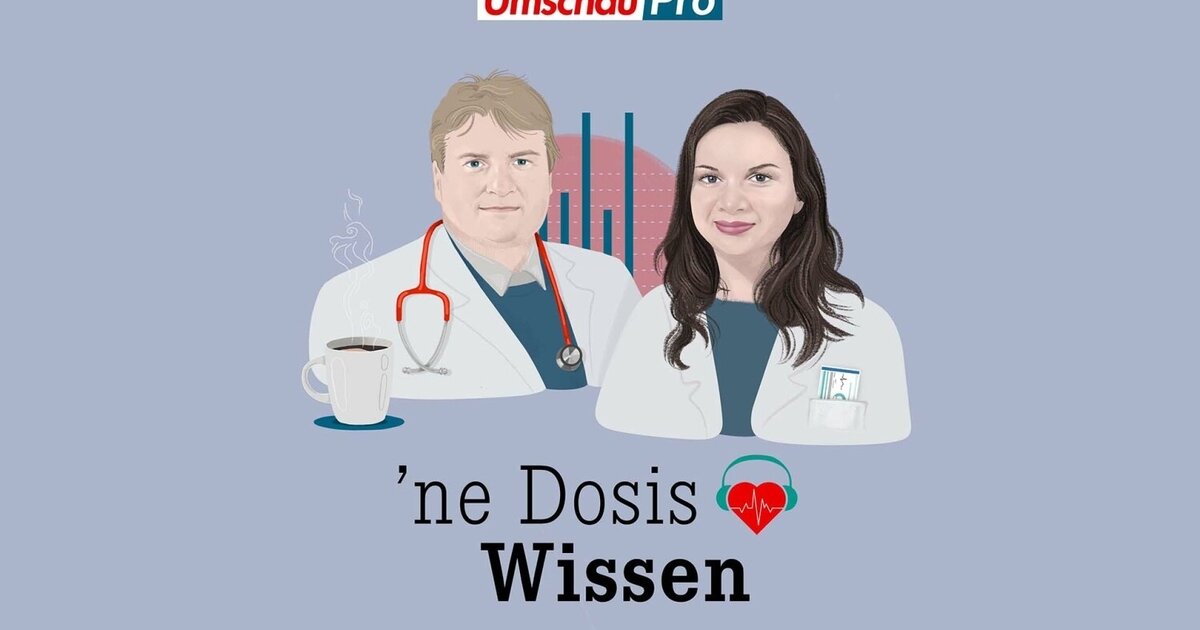Wyva
Senior Member (Voting Rights)
Full title: “Have you considered that it could be burnout?”—psychologization and stigmatization of self-reported long COVID or post-COVID-19 vaccination syndrome
Ronja Büchner, Christian Sander, Stephanie Schindler, Martin Walter, Carmen Scheibenbogen & Georg Schomerus
Open access: https://bmcmedicine.biomedcentral.com/articles/10.1186/s12916-025-04335-0
Ronja Büchner, Christian Sander, Stephanie Schindler, Martin Walter, Carmen Scheibenbogen & Georg Schomerus
Abstract
Background
People reporting long COVID (LC) or post-COVID-19 vaccination syndrome (PCVS) not only suffer from their symptoms but also from stigmatization. Despite ample account and characterization of stigma experiences so far, its mechanisms and consequences on health outcomes, and particularly the role of “psychologization” remain unclear.Methods
In a cross-sectional observational study, we examined a large convenience sample of adults who report having LC or PCVS. We translated and adapted the “Long Covid Stigma Scale” to measure stigmatization. We measured generally perceived and personally experienced psychologization with newly developed scales/items. Outcome measures included disclosure concerns, loss of trust in medicine, life satisfaction, depression, anxiety, self-esteem, and loneliness. We calculated overall prevalences of stigma and psychologization and their correlations with the outcomes. Using mediation analysis with SEM, we tested the hypothesis that psychologization of LC and PCVS syndromes causes harm by increasing stigmatization.Results
Altogether, N = 2053 individuals (68% reporting LC, 32% reporting PCVS) were included in the analyses. The overall prevalences of stigma experiences were high: 83% of those reporting LC and 90% of those reporting PCVS experienced stigma. Prevalences of perceived psychologization (LC: 87%, PCVS: 91%) and experienced psychologization (LC: 82%, PCVS: 87%) were similarly high. Both stigmatization and psychologization were positively correlated with disclosure concerns, loss of trust in medicine, depression, anxiety, and loneliness as well as negatively correlated with life satisfaction and self-esteem. Mediation analysis indicated that stigmatization mediated a relevant proportion of the relationship between psychologization and negative outcomes.Conclusions
People reporting LC or PCVS are subject to stigmatization and psychologization. From a patient perspective, psychologization appears to be an important driver of stigmatization and negative outcomes.Open access: https://bmcmedicine.biomedcentral.com/articles/10.1186/s12916-025-04335-0

